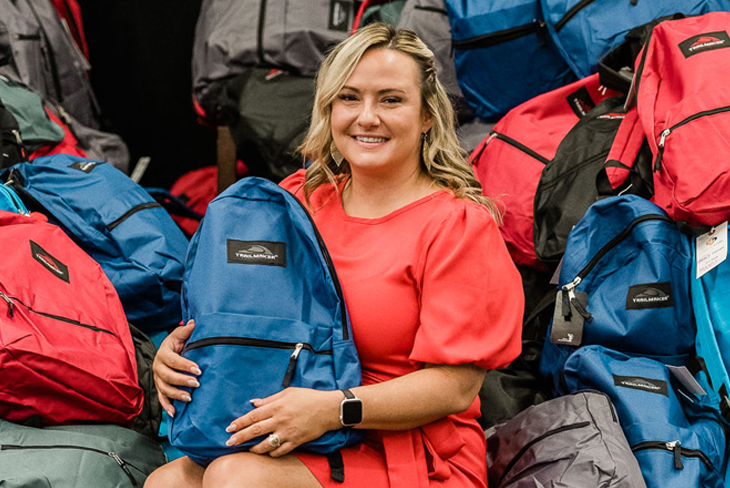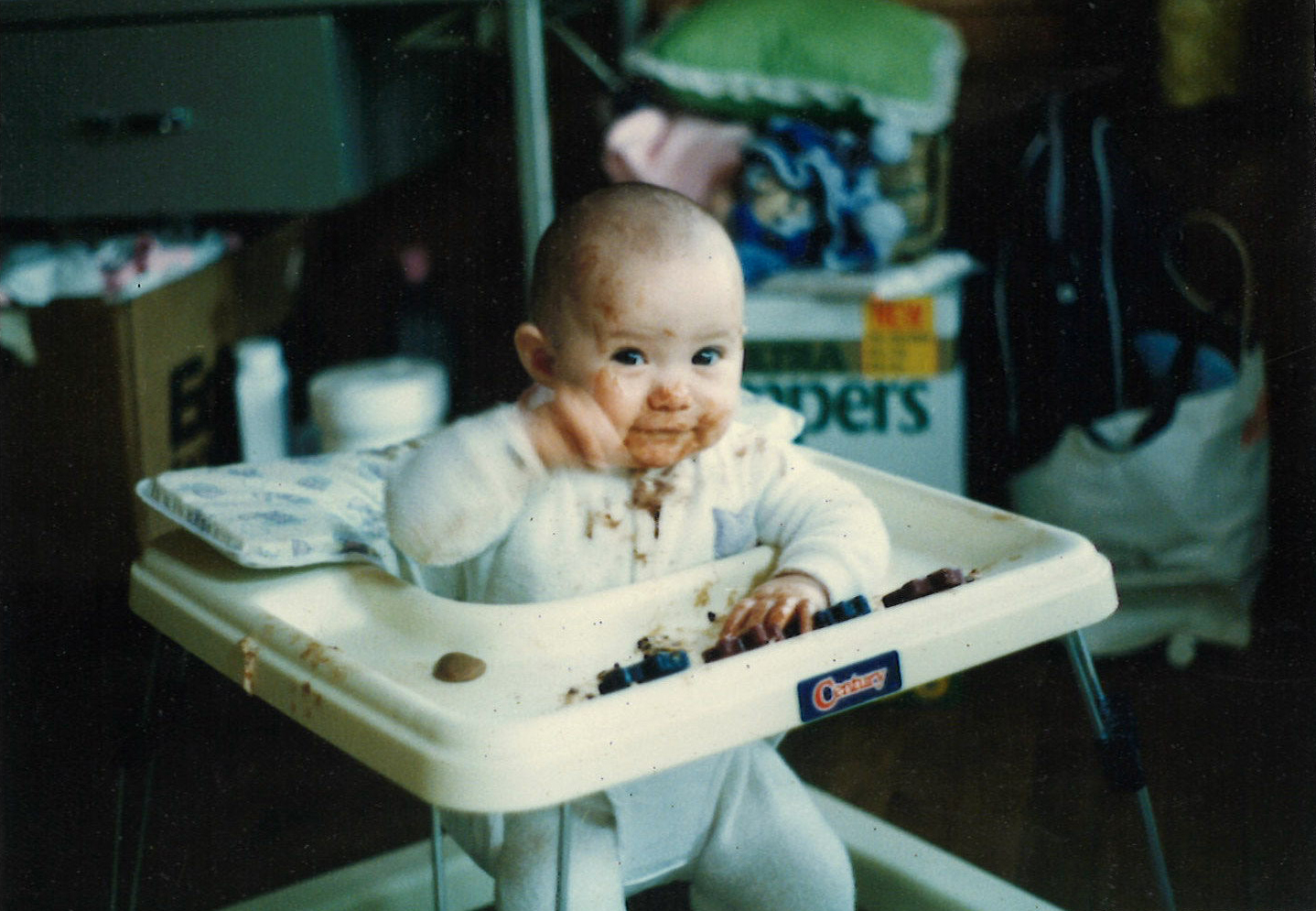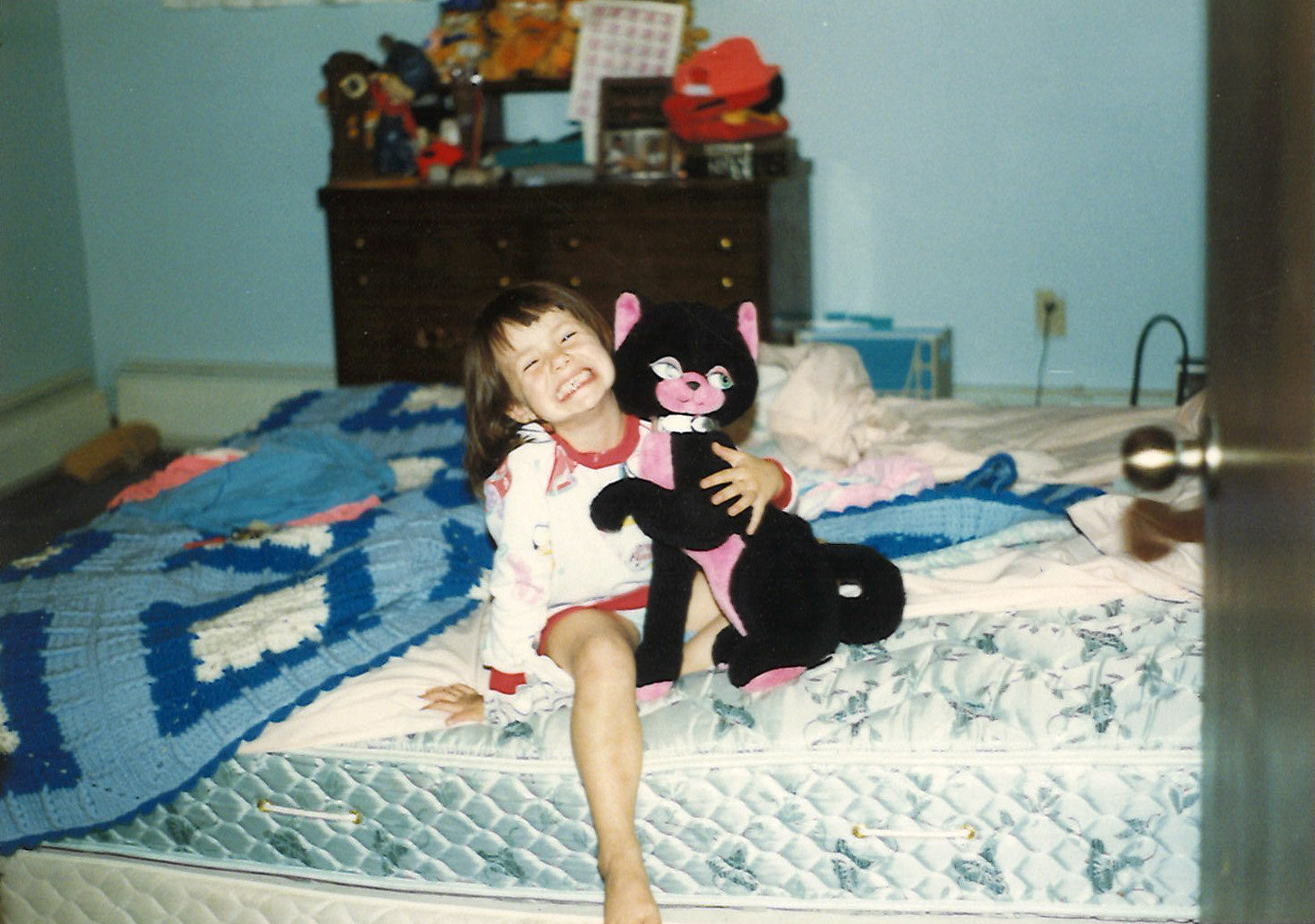Show Menu
Choose Your Location
You are now leaving the Viatris page for a Viatris affiliate site or third party site that is solely responsible for its content, including its compliance with guidelines applicable in certain geographies. Links to Viatris affiliate sites and third party sites are provided as a resource to our visitors and may not be governed by the same regulatory requirements applicable to this site and unaffiliated third party sites are subject to their own terms and data protection notices and practices. Moreover, if their third party site is subject to other country laws, regulatory requirements, data protection requirements or medical practices may differ between countries and the information provided therein may not be suitable for use in your country.

Voices of Viatris
November 22, 2022
By: Niki Kapsambelis
 |
Having entered the foster care system as a baby, Tia has no memories of her biological mother; only a video of them celebrating her first birthday by a lake. Her mother died shortly thereafter.
In the last foster home where she lived before she aged out of the system, eight to 10 foster kids were in the house at any given time. They’d arrive, belongings stuffed into trash bags, from situations beyond their control.
That experience left a permanent impression on Tia, who is now a senior product manager for Viatris. So when she heard the company was planning to pack backpacks for Comfort Cases, a nonprofit dedicated to giving comfort items in a permanent bag to children entering foster care, she was moved to share her own story.
“Growing up in the foster care system can be challenging for several reasons: being embarrassed about your identity as a foster child because of others’ perceptions and lack of understanding, and not having basic necessities that many take for granted. It can be difficult to develop relationships with others, and you never quite feel like you belong,” she said.
When she was younger, she would make friends with foster siblings who were her age. But then she’d come home from school to find they’d been placed elsewhere, and she never had a chance to say good-bye.

“I’ve learned that sometimes, you can’t take people with you,” she said.
Her final foster home was the same one in which her own biological mother had once lived; Tia worried that she wouldn’t be able to break the generational cycle of foster care involvement.
“Growing up, I always thought I had this certain fate that I would have to live,” Tia said.
According to Harvard University’s Center on the Developing Child, the single most important factor for children who develop resilience is to have at least one stable and committed relationship with a parent, caregiver or other adult. In Tia’s case, that role was filled by a much older foster sibling who had grown up and moved out. Tia went to her house on weekends as a refuge from the chaos of her foster home.
Knowing that Tia wanted to visit her biological mother’s grave, her foster sister looked up the location and took Tia there. She taught her “that I wasn’t a statistic, and my future wasn’t determined only by who raised me or my genetics, but more importantly that the choices I make will influence who I become and my success as an adult,” Tia recalled. “All of my actions after that were based on that foundation.”
She began to appreciate what she learned from her childhood: an understanding of different mindsets, races and cultures. An ability to push through adversity. Empathy. Resilience.
“When I look back at my experiences as a foster child now as an adult, I feel grateful for the people who supported me and helped me become the person I am today,” she said.

Tia would go on to earn a degree in Applied Psychology and Business and spend eight years working in social services, dedicating her life to helping children and families. When she switched careers and joined Viatris, she continued to stay involved through community work and serves on the board of directors for a non-profit based in Pittsburgh.
“It will always be incredibly important to me to give back to those in need and try to teach others about the things I’ve learned along my journey to help them get through theirs,” she said. “I feel proud and honored to work for a company that values the importance of community involvement and giving back to those in need. As a previous foster child, you have no idea how much the little things matter and how your actions may impact the trajectory of the rest of these children’s lives.”